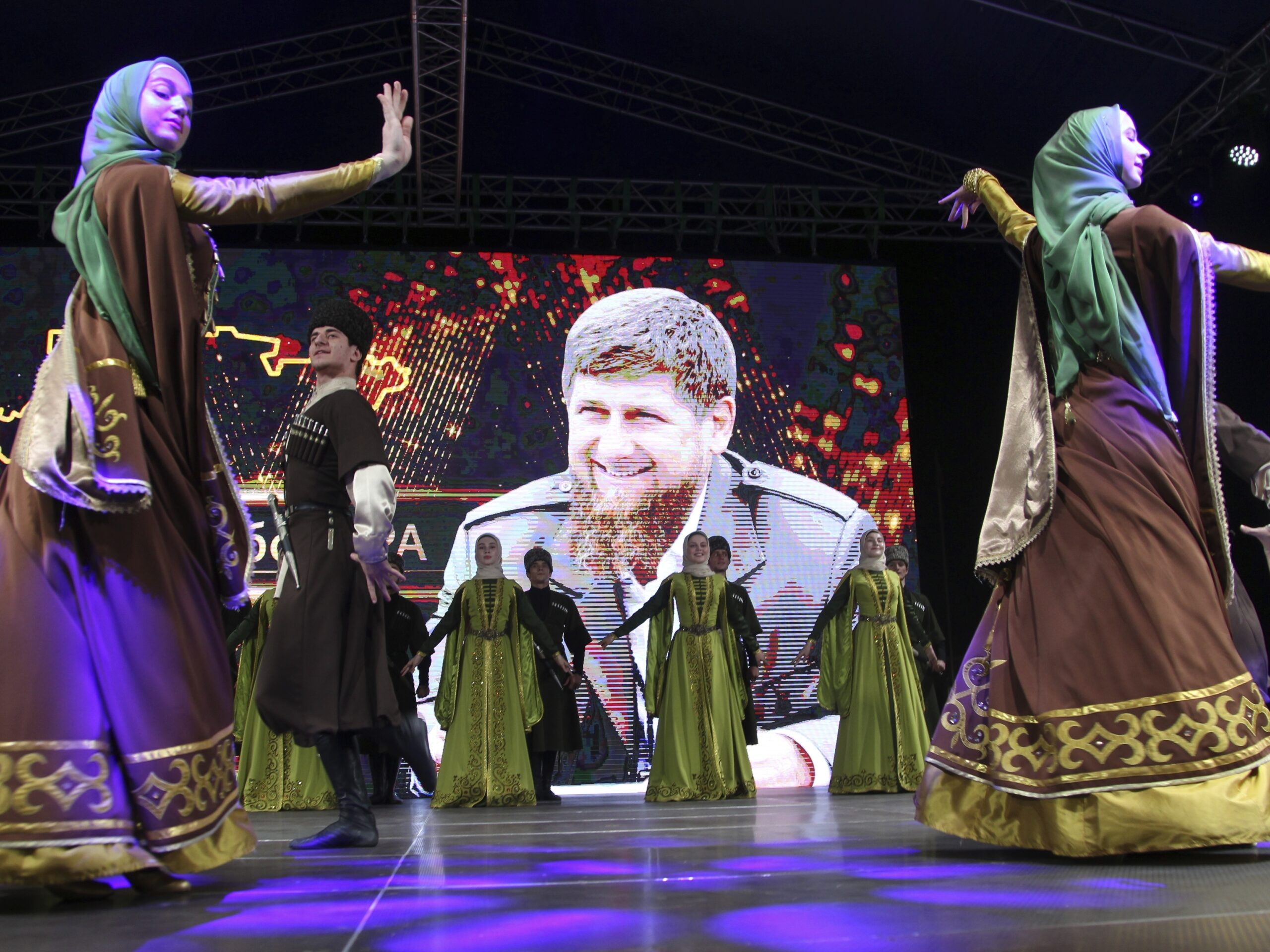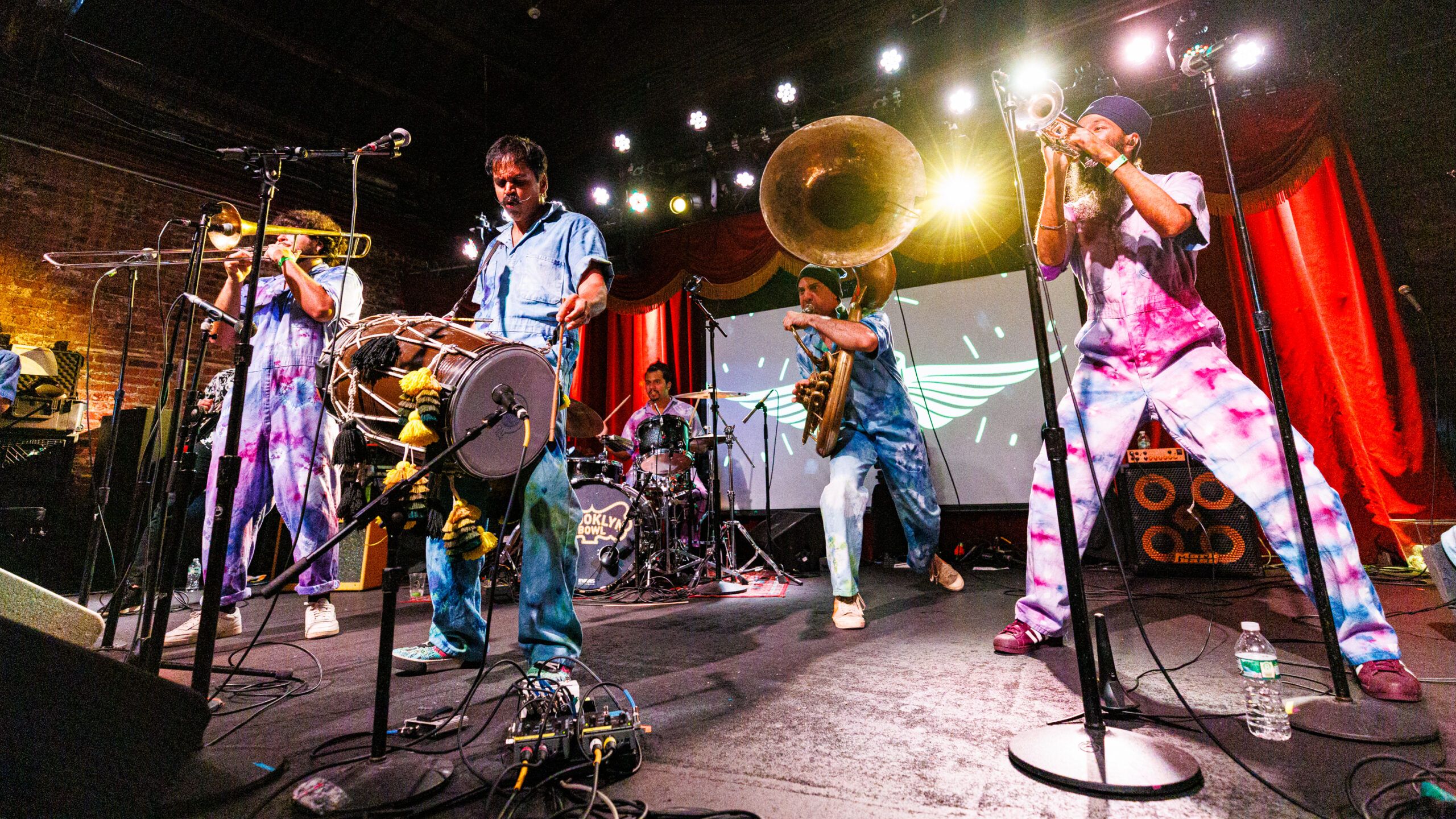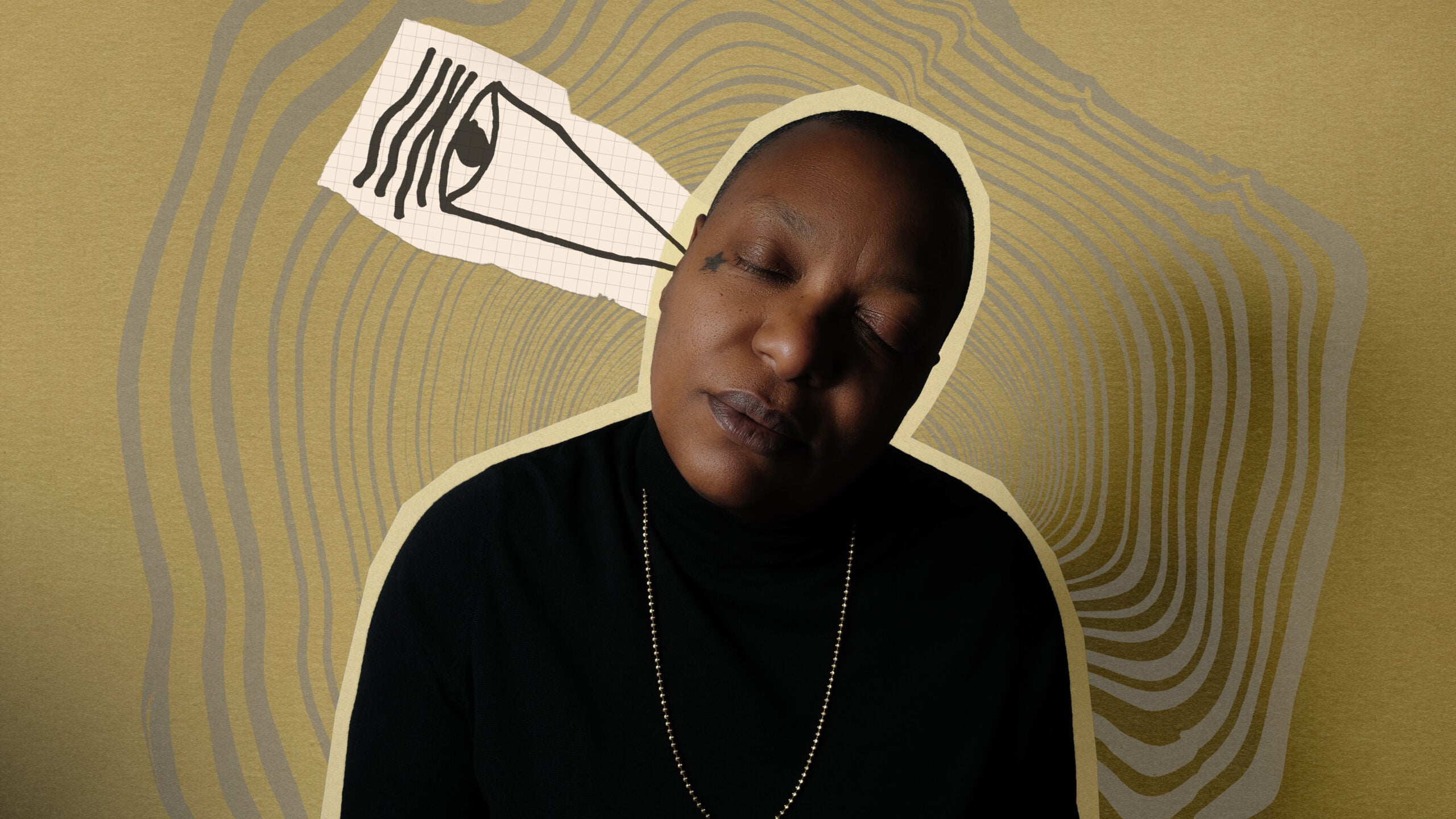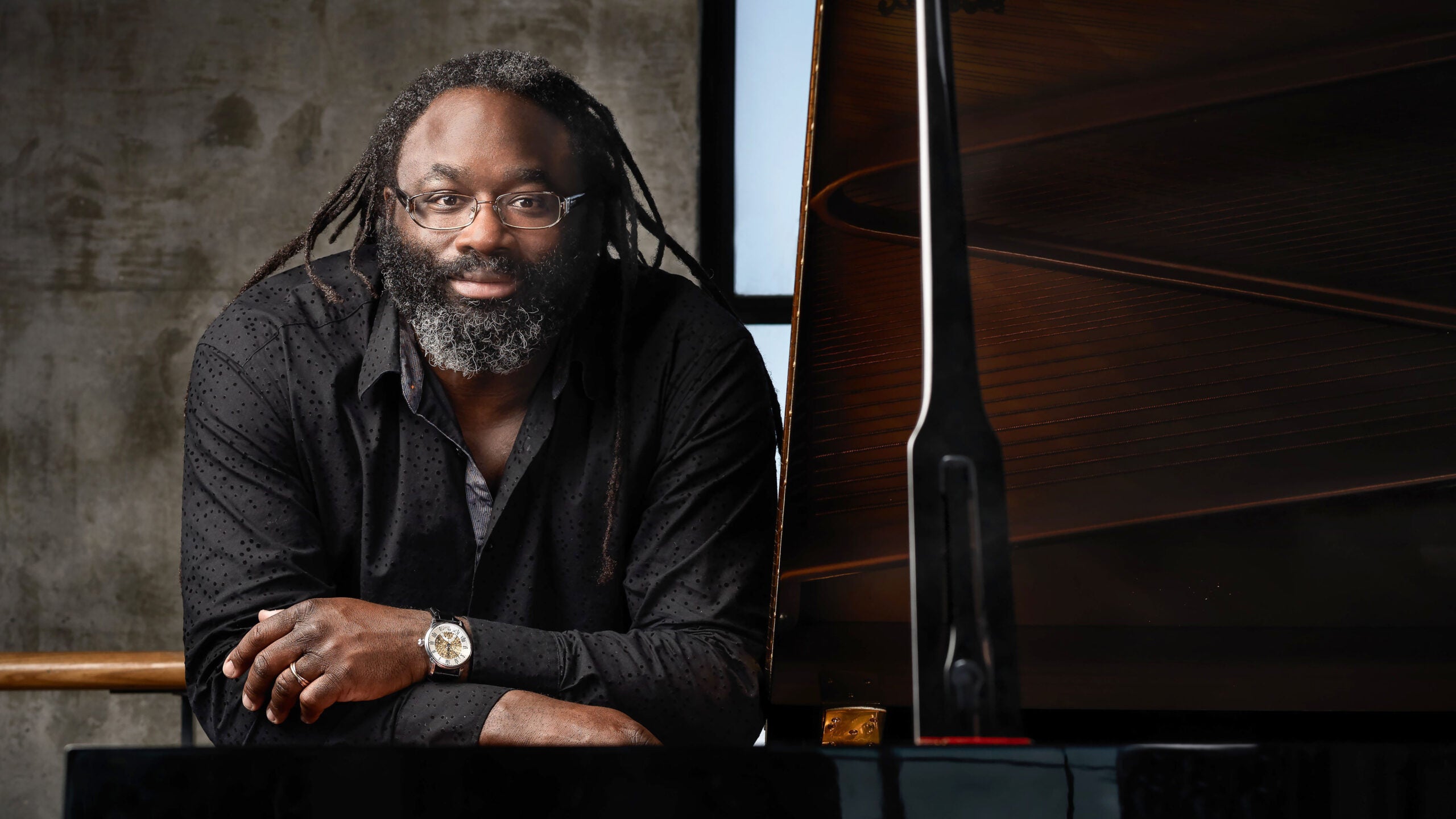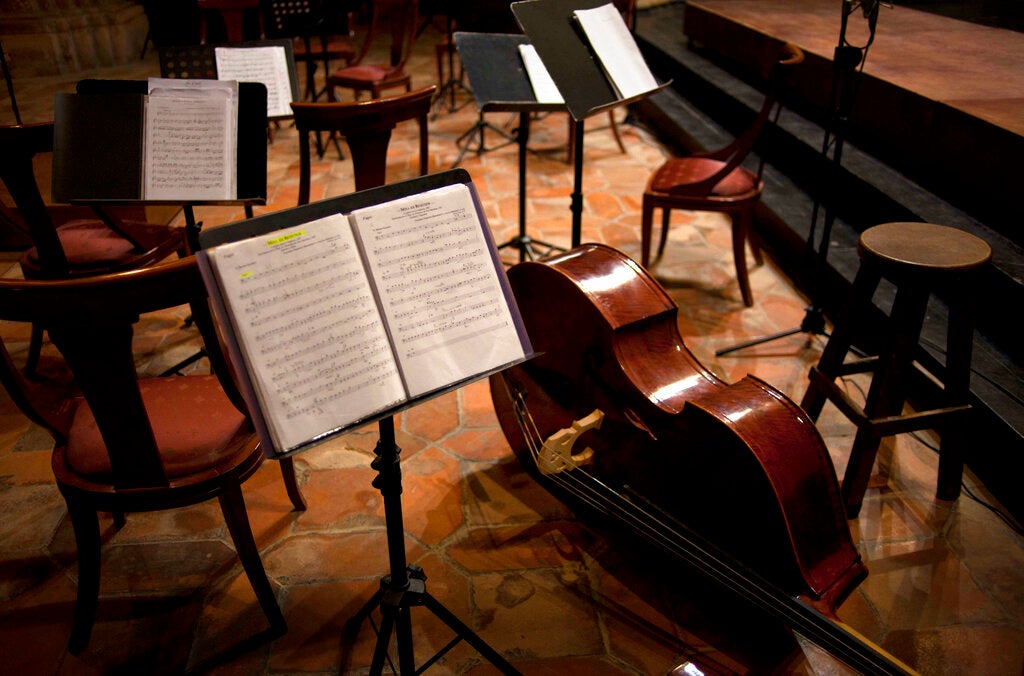Composers have various reasons for writing–inspiration, pleasure, and money. In the case of Claude Debussy’s Saxophone Rhapsody the motivation was provided by money and a persistent music-lover named Mrs. Elise Hall.
Mrs. Hall was a wealthy Boston matron who had taken up the saxophone. In 1895 she commissioned Debussy to compose a work for her instrument. As far as Debussy was concerned, Mrs. Hall’s commission had a good side and a bad side. On the bad side was his lack of familiarity with the saxophone. On the good side was the payment enclosed. He accepted the commission.
But he steadfastly avoided working on Mrs. Hall’s composition. He went to work on his opera Pelleas and Melisande. And a lot of other things–The Prelude to the Afternoon of a Faun, Nocturnes, and La Mer among them. Suddenly eight years had passed.
Stay informed on the latest news
Sign up for WPR’s email newsletter.
One day in 1903 who should turn up at Debussy’s apartment but Mrs. Hall–the “femme saxophone” as Debussy called her. She wanted to know where her saxophone composition was.
Debussy was caught. He forced himself to get started on something for what he thought of as “that aquatic instrument.” He still didn’t know much about it. He started doing some homework. Was the saxophone capable of romantic tenderness like the clarinet, he asked a friend in the know. In 1904 he attended Mrs. Hall’s Paris recital. Wearing a pink gown, she honked away at something by Vincent d’Indy–another of her commissions.
Another year went by. Debussy roughed out a draft of a piece and called it “Fantasie.” But even the title was slow to come. He tried “Oriental Rhapsody” and “Moorish Rhapsody” before settling on plain old “Rhapsody.” In 1911 he tried orchestrating it, but it was no go. He bundled up what he had and sent it incomplete to Mrs. Hall. Seven years later Debussy finally escaped the project–he died. His colleague Jean Jules Roger-Ducasse took on the orchestration and the Rhapsody for Saxophone was performed at last in Paris in 1919.
Wisconsin Public Radio, © Copyright 2024, Board of Regents of the University of Wisconsin System and Wisconsin Educational Communications Board.

